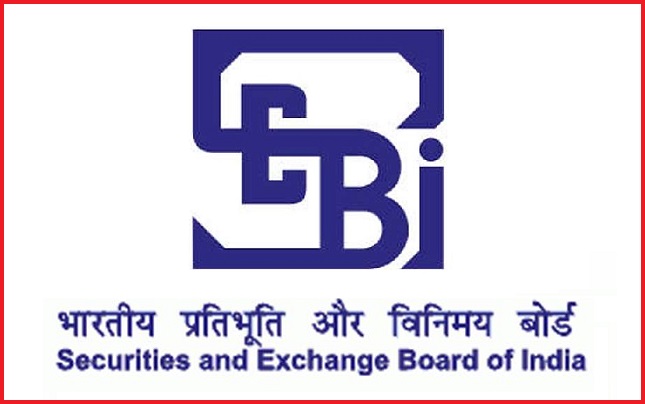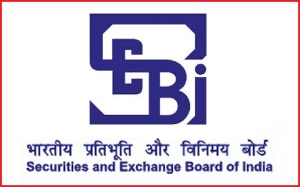The Capital market regulator of India, Securities and Exchange Board of India (SEBI) on January 14 tightened the norms associated to Mergers and Acquisitions (M&A) of Indian companies.
- Aim: The main objective behind the move is to prevent large number of unlisted company to get listed by merging with a very small company for personal motive and protect the interest of the Public shareholders in the listed companies and give them a greater say in the merger with unlisted subsidiaries.
- The decision is based on the instances where Mergers was being used indirectly by unlisted companies to become listed by merging with small listed companies. Besides, some of the listed companies were issuing securities to only favored people.
Directives Rolled Out by SEBI
SEBI directed after the unlisted company merge with listed company and gets automatically listed, the effective total public shareholding of the listed entity plus the qualified institutional buyers (QIBs) of the newly listed company has to be at least 25%.
- The public shareholding of the resultant entity created by the merger of an unlisted and a listed company has to be more than 25 per cent.
- The unlisted entity can only merge with those companies that are listed on exchanges such as the National Stock Exchange (NSE) and BSE.
- The market regulator also directed companies to follow the pricing formula specified under the Issue of Capital and Disclosure Requirements (ICDR) regulations. This aims to prevent companies to issue shares to select group of shareholders instead of all shareholders during mergers and amalgamations between listed and unlisted entities.
- Companies would be required to submit a compliance report duly certified by company secretary, chief financial officer and managing director to agree to the circular and accounting standards directed by SEBI.
- Further, approval of public shareholders will be mandatory for any merger between a listed and an unlisted entity. This step aims to see if the merger results in reducing the voting share percentage of existing public shareholders by more than 5% in the total capital after the merger.
- Besides, approval of Public shareholders will also be mandatory in schemes that involve
 transfer of substantial undertaking of a listed entity.
transfer of substantial undertaking of a listed entity. - SEBI has also given the power to stock exchanges to act against listed firms by impositing fines, suspension of trading etc. for violating certain sections of ICDR norms.
Other Announcements
Besides the M&A, SEBI also made certain other announcements that include:
- Sebi has permitted the mutual fund sector to invest in instruments such as real estate investment trusts (ReITs). It has also permitted them to use celebrities for industry-level advertisements. However, celebrities can only be used for industry-level ads and not at the fund house or the scheme level.
- The involvement of Celebrities would enable growth of MF sector and simplify communication between investors and companies.
- SEBI has also cut the turnover fees to be paid by the broker by 25 per cent. It has reduced the fees from Rs. 20 per crore of transaction to Rs. 15 per crore of transaction. This will reduce the overall cost of transactions and will benefit the investors and promote the development of securities market.
- It has also eased the eligibility criteria for municipalities to issue municipal bonds and has also approved digital payment to SEBI its intermediaries.
Securities and Exchange Board of India (SEBI)
The Securities and Exchange Board of India (SEBI) is the regulator for the securities market in India.
- It was first established in the year 1988 as a non-statutory body for regulating the securities market. It became an autonomous body by The Government of India on 12 April 1992 and given statutory powers in 1992 with SEBI Act 1992 being passed by the Indian Parliament.
- Headquarter: Mumbai, Maharashtra
- Founded: 12 April 1992
- Chairman: U.K. Sinha
AffairsCloud Recommends Oliveboard Mock Test
AffairsCloud Ebook - Support Us to Grow
Govt Jobs by Category
Bank Jobs Notification



 transfer of substantial undertaking of a listed entity.
transfer of substantial undertaking of a listed entity.

